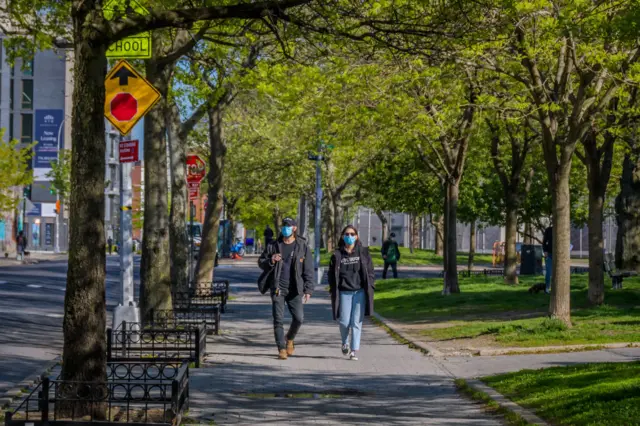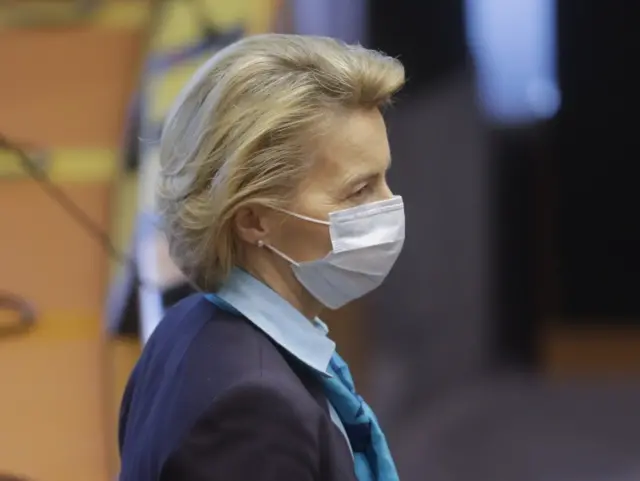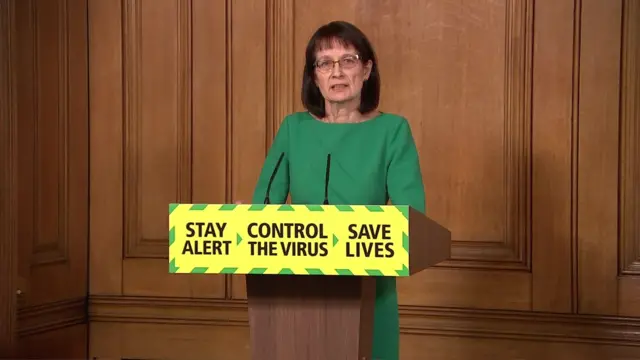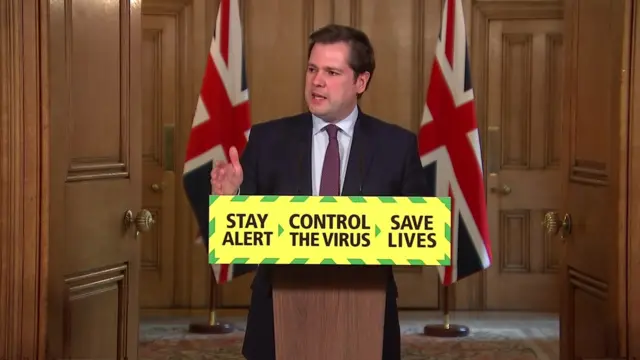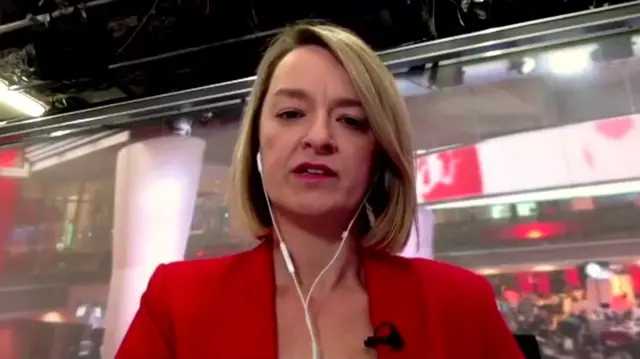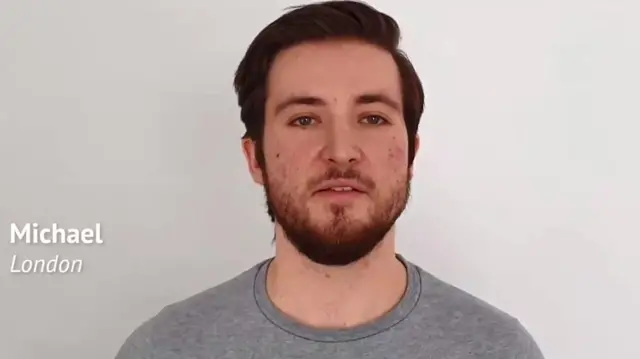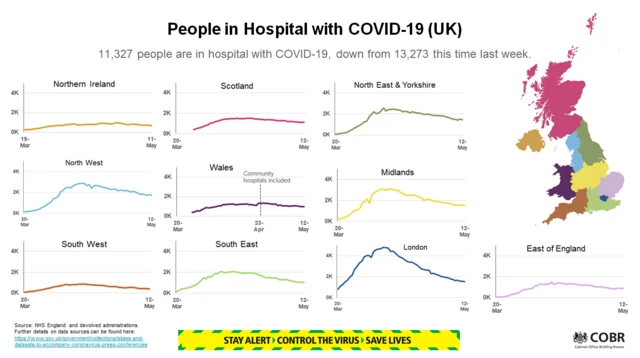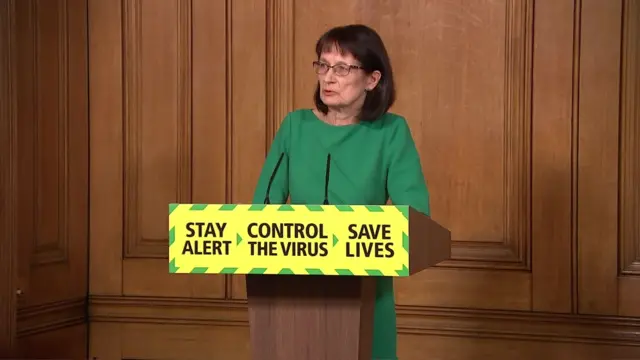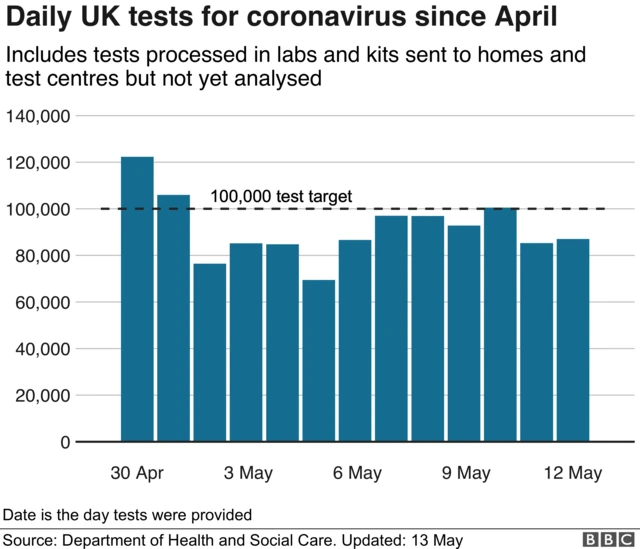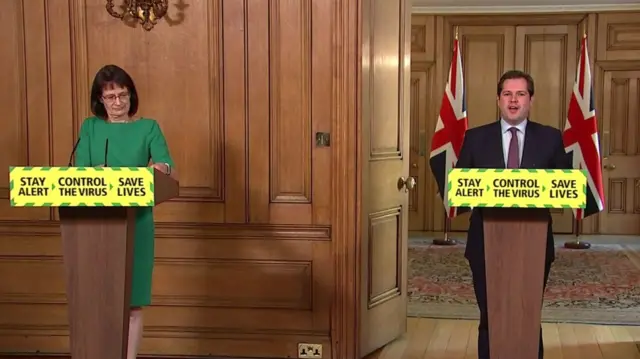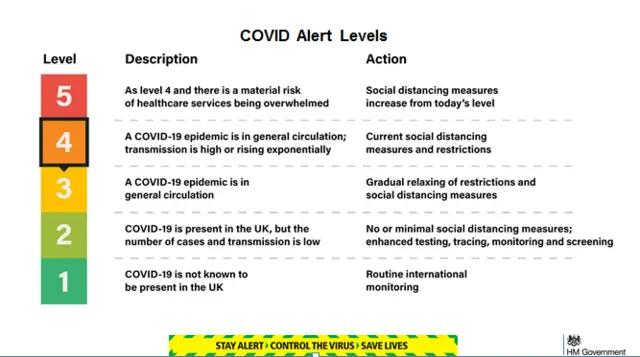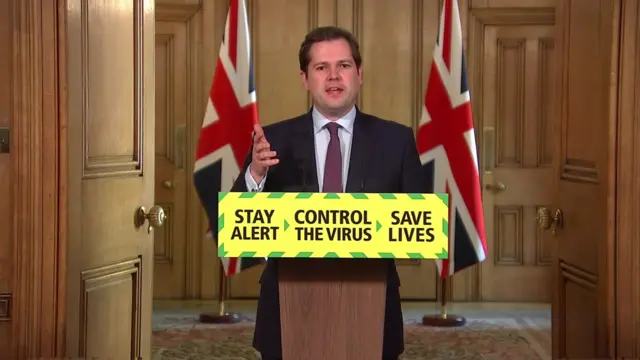Sports stars allowed to resume individual trainingpublished at 18:23 BST 13 May 2020
 Image source, Getty Images
Image source, Getty ImagesBritish sprinter Dina Asher-Smith is one of the elite athletes who can resume individual training
Elite athletes in the UK will be able to resume individual training immediately in official sports venues which meet new government guidelines, the Department of Culture, Media and Sport has announced.
All competitors and coaches must have a one-to-one meeting before returning, indicating they understand the risks of their specific sport.
Under carefully controlled medical conditions, athletes must keep two metres (six feet) apart at all times from team-mates and other people outside their household.
The DCMS says the relaxation of the restrictions is "a significant step towards a safe resumption of live sport behind closed doors".
In other sporting developments:
- Greater Manchester Police officers are "fearful" of crowds turning up at English Premier League stadiums if the football season restarts
- In Italy, Serie A football clubs have agreed to aim to resume their season on 13 June, subject to government approval
- England cricketer Jos Buttler says players will make their "own decisions" about whether they feel it is safe to return to playing
